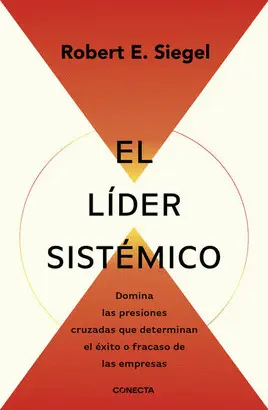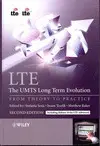Lte - The Umts Long Term Evolution: From Theory To Practice
Stefania Sesia
"Where this book is exceptional is that the reader will not just learn how LTE works but why it works"Adrian Scrase, ETSI Vice-President, International Partnership ProjectsFollowing on the success of the first edition, this book is fully updated, covering the latest additions to LTE and the key features of LTE-Advanced.This book builds on the success of its predecessor, offerin...
Sinopsis
"Where this book is exceptional is that the reader will not just learn how LTE works but why it works"
Adrian Scrase, ETSI Vice-President, International Partnership Projects
Following on the success of the first edition, this book is fully updated, covering the latest additions to LTE and the key features of LTE-Advanced.
This book builds on the success of its predecessor, offering the same comprehensive system-level understanding built on explanations of the underlying theory, now expanded to include complete coverage of Release 9 and the developing specifications for LTE-Advanced. The book is a collaborative effort of more than 40 key experts representing over 20 companies actively participating in the development of LTE, as well as academia. The book highlights practical implications, illustrates the expected performance, and draws comparisons with the well-known WCDMA/HSPA standards. The authors not only pay special attention to the physical layer, giving an insight into the fundamental concepts of OFDMA-FDMA and MIMO, but also cover the higher protocol layers and system architecture to enable the reader to gain an overall understanding of the system.
Key New Features:
Comprehensively updated with the latest changes of the LTE Release 8 specifications, including improved coverage of Radio Resource Management RF aspects and performance requirements
Provides detailed coverage of the new LTE Release 9 features, including: eMBMS, dual-layer beamforming, user equipment positioning, home eNodeBs / femtocells and pico cells and self-optimizing networks
Evaluates the LTE system performance
Introduces LTE-Advanced, explaining its context and motivation, as well as the key new features including: carrier aggregation, relaying, high-order MIMO, and Cooperative Multi-Point transmission (CoMP).
Includes an accompanying website containing a complete list of acronyms related to LTE and LTE-Advanced, with a brief description of each (http://www.wiley.com/go/sesia_theumts)
This book is an invaluable reference for all research and development engineers involved in implementation of LTE or LTE-Advanced, as well as graduate and PhD students in wireless communications. Network operators, service providers and R&D managers will also find this book insightful.
Comentarios
Sé el primero en comentar este libroArtículos relacionados







